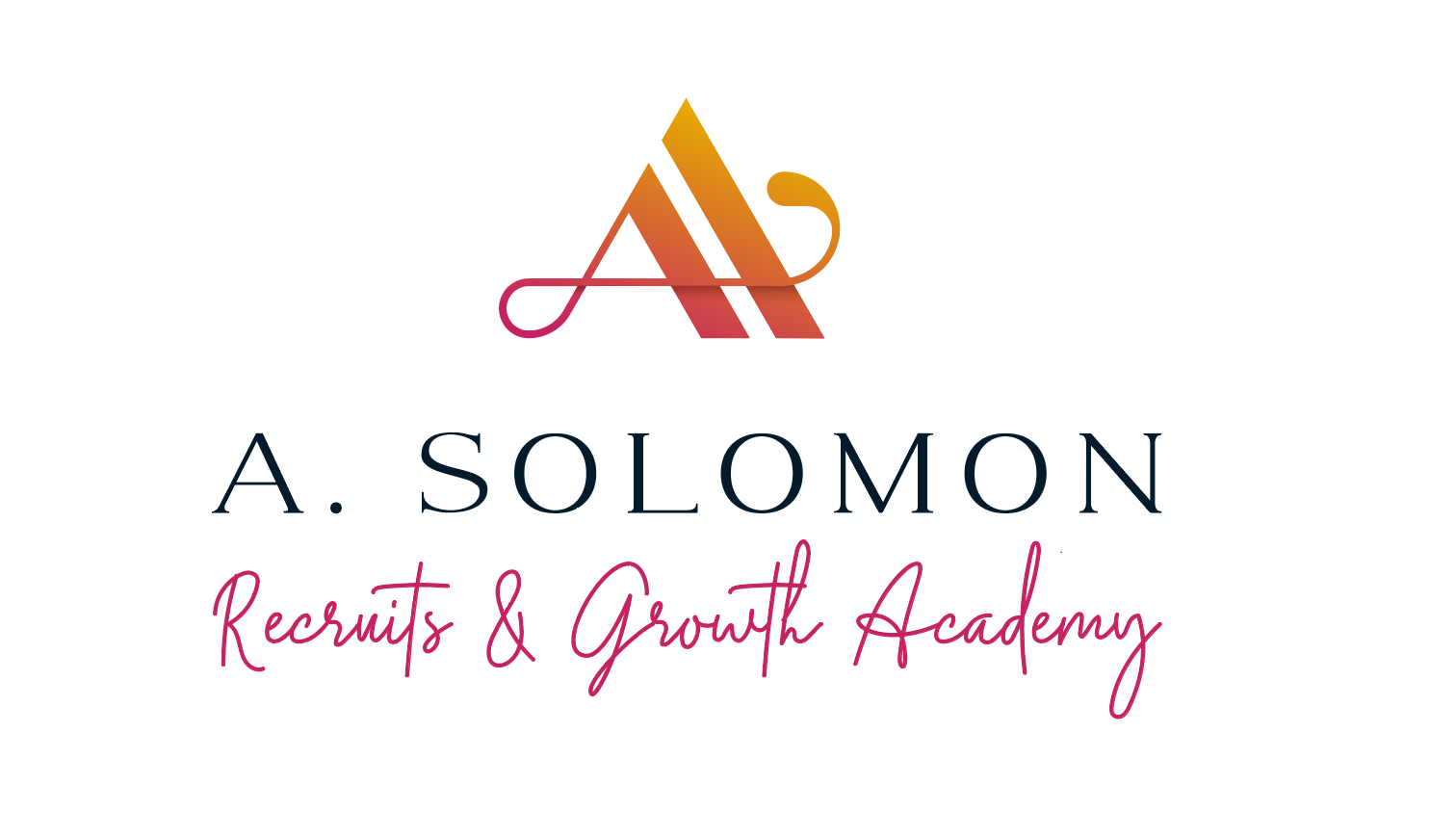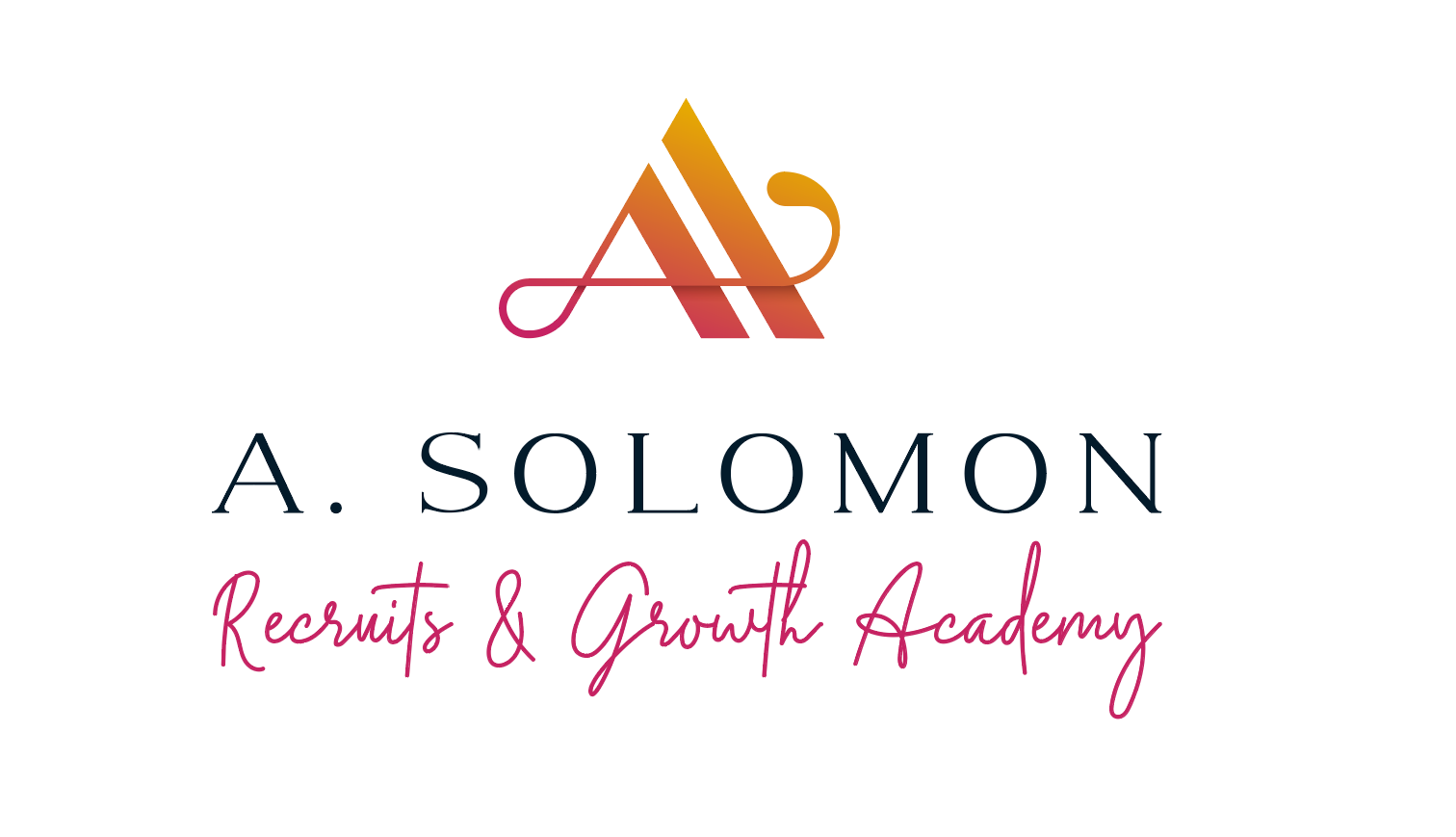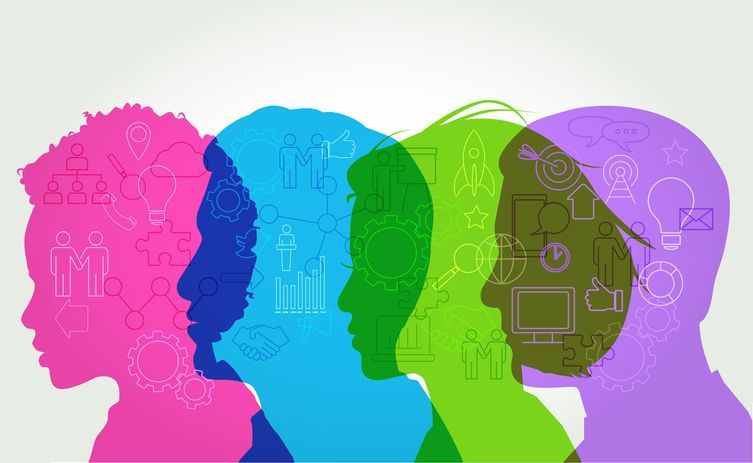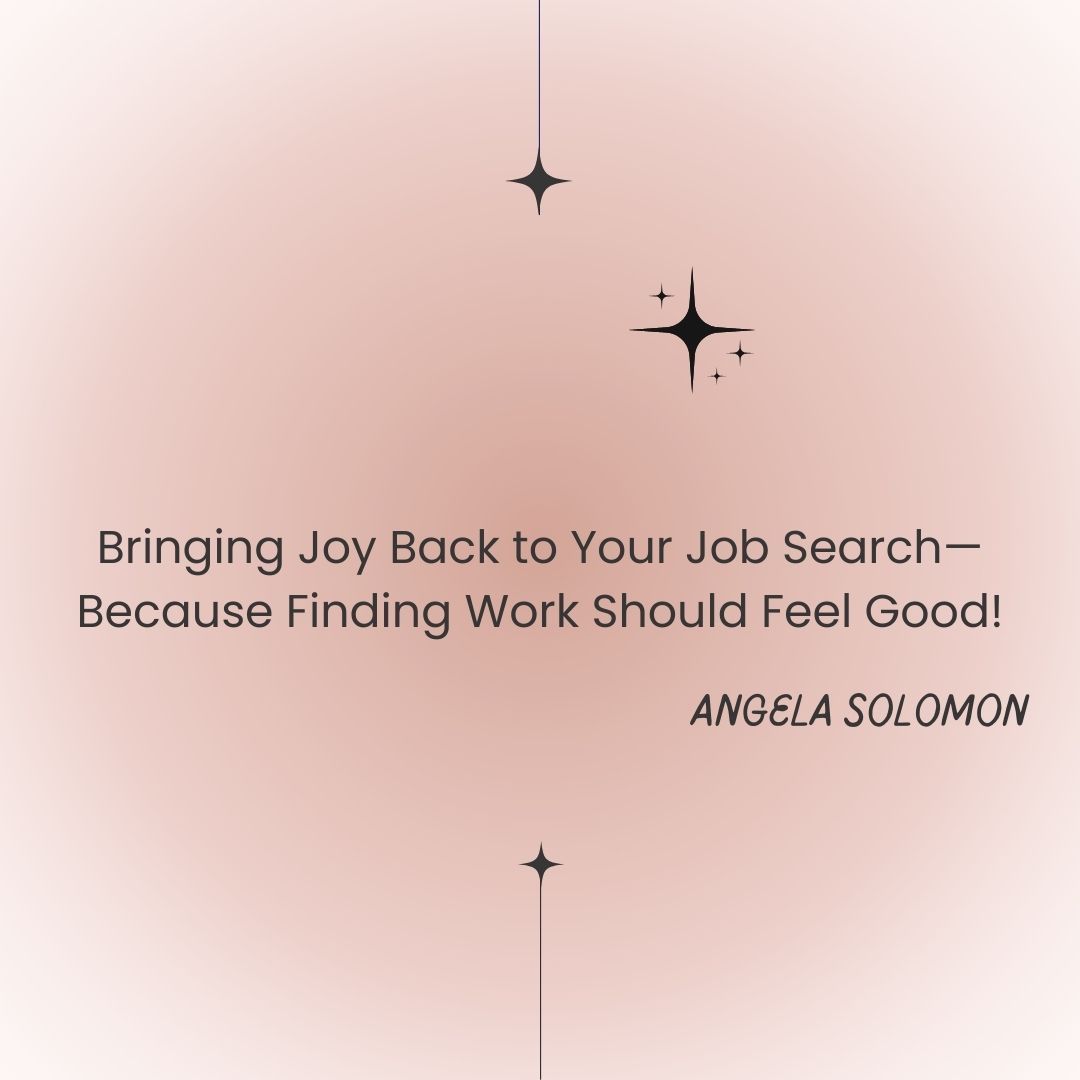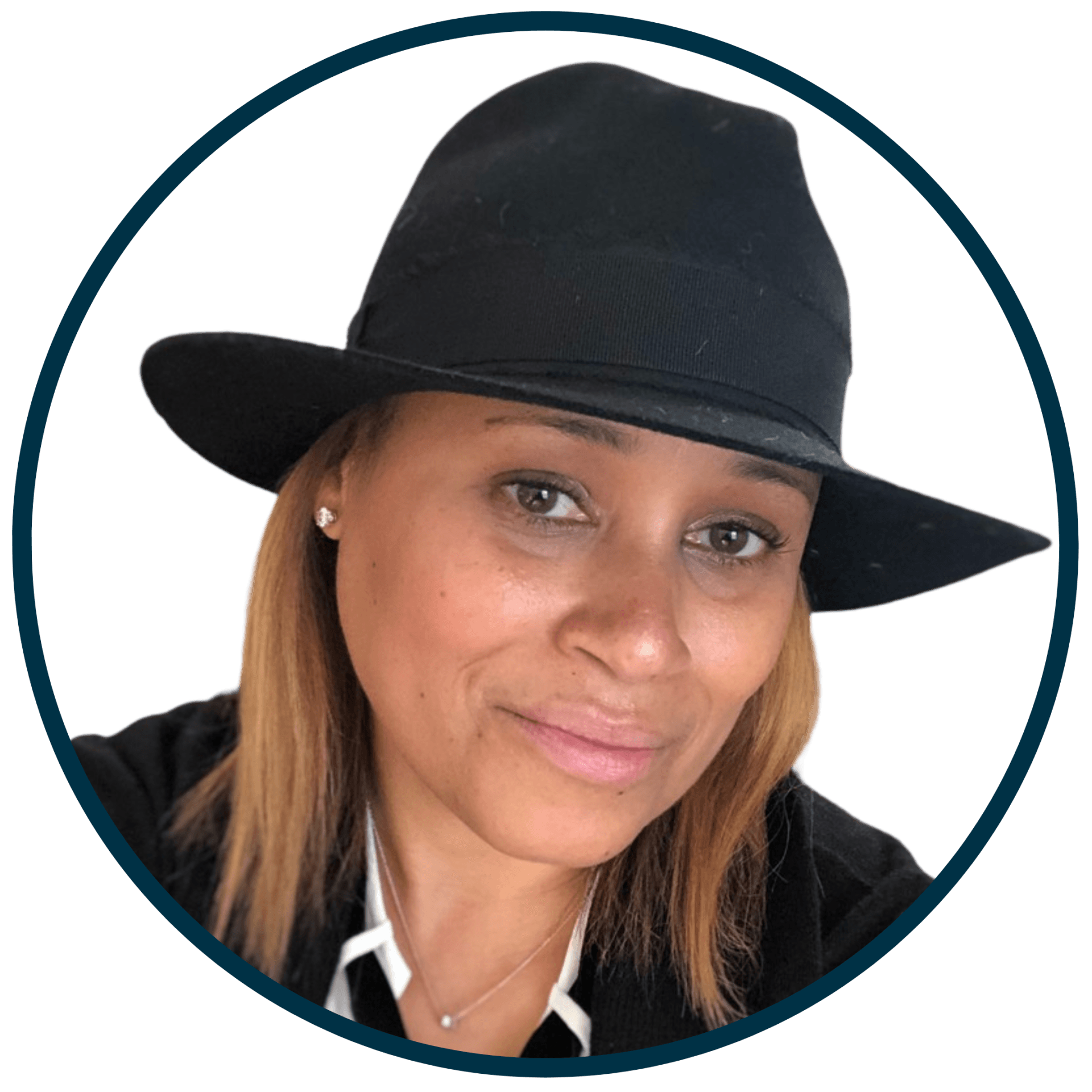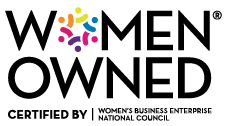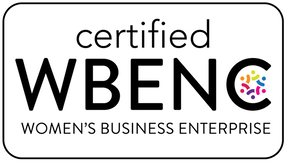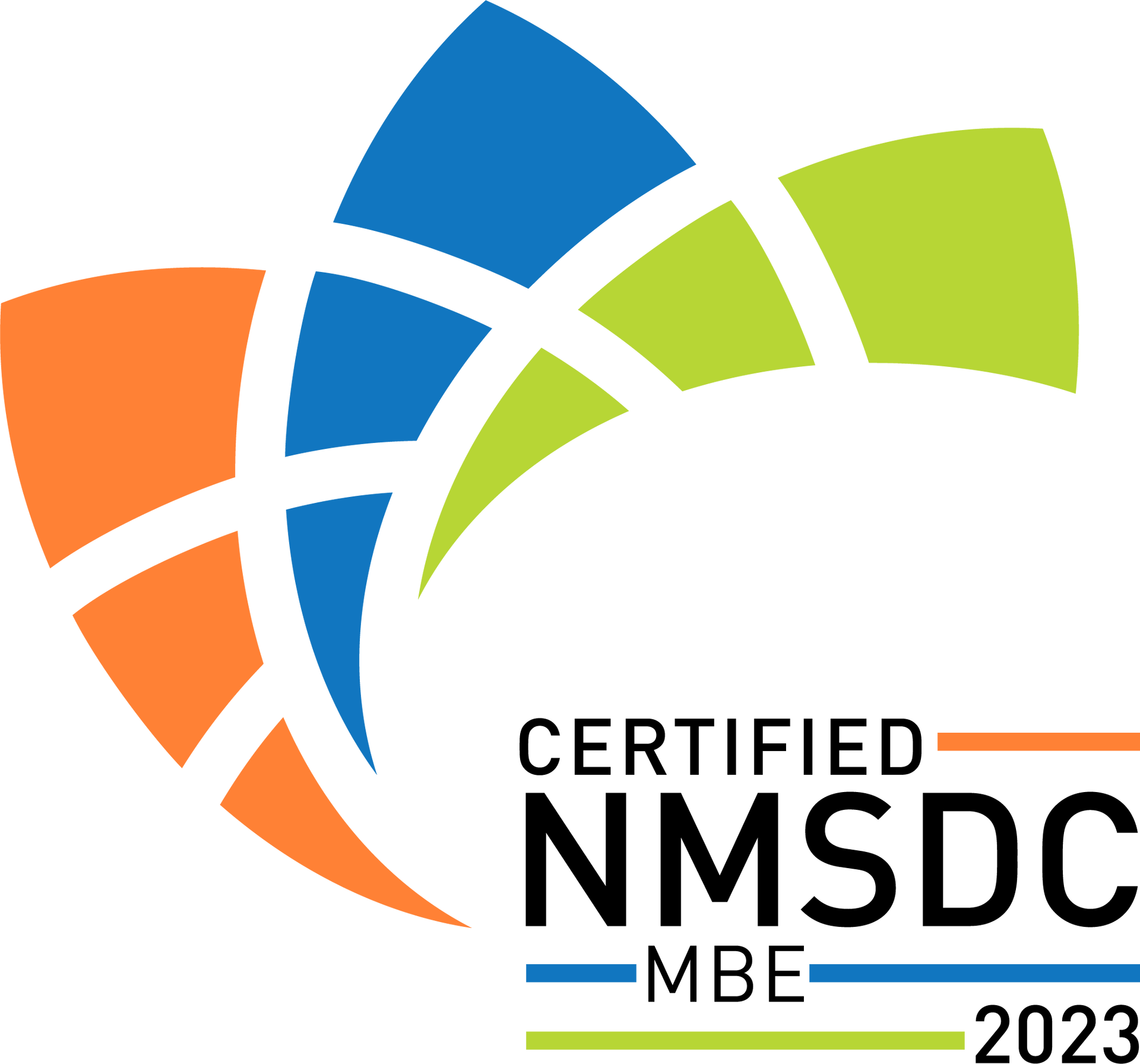Trends & Insights

As a career coach and self-proclaimed lifelong learner, I’m always telling my clients, “If you’re not growing, you’re going stale—and let’s face it, nobody likes stale bread.” In today’s fast-changing workforce, it’s not enough to just show up anymore. Success now means adapting, learning, and constantly evolving with the world around you. The DNA of today’s working professional is in constant motion, and if you’re still running on yesterday’s playbook, you might just miss out on what’s ahead. Today’s workforce looks nothing like it did a decade ago. Tech is transforming every industry, and there’s a bigger focus on values like flexibility, inclusivity, and personal growth. People want more from their careers—they want purpose, not just a paycheck. The DNA of today’s working professional is all about adaptability, self-motivation, and being comfortable with change. So, let’s dive into how today’s professional DNA stacks up against the past: 1. Adaptability vs. Stability Today : Flexibility is everything. Whether it’s technology, business practices, or job roles, change is constant. Professionals need to be able to pivot and pick up new skills quickly. If you're not evolving, you're likely being left behind. Yesterday : Stability was the goal. You stayed in one job or industry, building deep expertise in a specific area. Specialization was the key to success, and change was something you tried to avoid. 2. Continuous Learning vs. Credential-Driven Success Today : Learning never stops. Whether it’s through online courses, certifications, or simply staying on top of industry trends, professionals are expected to keep their skills fresh. It's not just about what you learned in school—it's about what you keep learning. Yesterday : A degree, especially from a well-known school, was often enough to get you through your career. Once you had the right credentials, continuous learning wasn’t a huge focus. 3. Agility in Technology vs. Traditional Tools Today : Being tech-savvy isn’t optional. From automation to collaboration tools, technology is part of almost every job. You’ve got to be able to use these tools to stay relevant. Yesterday : Tools like spreadsheets and email were enough for most roles. Technology was there, but it wasn’t deeply integrated into non-tech jobs the way it is today. 4. Values-Driven Work vs. Hierarchical Loyalty Today : People want purpose, not just a paycheck. Employees are looking for work that aligns with their values, and companies that support things like work-life balance and mental health. It’s not just about loyalty anymore—it’s about feeling good about where you work. Yesterday : Loyalty to a company was a major factor. You worked hard, stayed loyal, and didn’t necessarily expect the company to care about your personal values. The focus was on putting in the time and doing the work. 5. Diversity & Inclusion as a Key Focus vs. Homogeneous Workplaces Today : Diversity and inclusion aren’t just nice to have—they’re essential. Today’s professionals expect their workplaces to reflect a wide range of perspectives, genders, and experiences. Everyone wants to feel seen and valued. Yesterday : Diversity wasn’t as much of a priority. Many workplaces were homogenous, and inclusion wasn’t discussed the way it is today. 6. Agile Leadership vs. Command-and-Control Management Today : Leadership is about collaboration and empathy. Today’s leaders are facilitators, mentors, and motivators. They encourage open communication and care about the people, not just the tasks. Yesterday : Leadership was more about control. It was top-down, with leaders making decisions and everyone else following orders. The focus was on managing tasks, not people. 7. Freelancing & Flexibility vs. Full-Time, Traditional Employment Today : Flexibility is the name of the game. Freelancing, contracting, and remote work are all becoming more popular as professionals look for control over their schedules and projects. Yesterday : Full-time employment with a single company was the norm. People worked their way up the corporate ladder and stuck around for the long haul. 8. Networking & Personal Branding vs. Quiet Expertise Today : Building a personal brand is important. It’s not enough to do great work—you need to make sure people know you’re doing great work. Networking on platforms like LinkedIn has become a key part of staying visible in your industry. Yesterday : You could quietly focus on your expertise. Long-term relationships and internal company networks were often enough to advance your career. 9. Emphasis on Soft Skills vs. Technical Mastery Alone Today : Emotional intelligence, communication, and collaboration are highly valued. You’ve got to be able to work well with others and adapt to different working styles. Yesterday : Technical skills were often enough to get by. Soft skills mattered, but they didn’t get the same level of attention as they do now. 10. Entrepreneurial Mindset vs. Following the Corporate Playbook Today : Whether or not you’re starting your own business, having an entrepreneurial mindset can make a difference. Professionals today take ownership of their work, innovate, and even pursue side projects. Yesterday : Following the established corporate path was expected. You worked your way up within existing structures, and entrepreneurship was considered a more niche career path. The DNA of today’s working professional is all about adaptability, purpose, and continuous growth. In contrast, yesterday’s professional valued stability, loyalty, and expertise in a more rigid structure. The modern professional thrives in a world that’s always changing, where technology and values shape careers as much as hard skills. Whether you’re freelancing, leading a team, or climbing the corporate ladder, the message is clear: if you’re not learning and evolving, you’re getting left behind. I empower the Invisible. I ignite Success. As a Black woman, small business owner, and advocate for inclusion, I’ve built my career around seeing potential where others may overlook. Through my staffing boutique and professional development/coaching service, I focus on creating real opportunities for marginalized communities, including women, LGBTQ+, neurodiverse, disabled, and veteran professionals. I root for the underdog because they have the best stories to tell—and the most untapped potential. #CareerGrowth #AdaptabilityMatters #LifelongLearning #ProfessionalDNA #ThriveAtWork #FutureOfWork #EvolveOrFade #InclusiveWorkplace #LeadershipEvolution #TechSavvySkills

Diversity and inclusion have become critical priorities for many organizations in the corporate world. However, the methods used to achieve greater diversity in the workforce often fall short, perpetuating racial biases rather than dismantling them. In this post, we'll explore the underlying challenges and propose a more holistic approach to creating truly equitable and inclusive workplaces. The recent New York Times article titled: What Researchers Discovered When They Sent 80,000 Fake Resumes to U.S. Jobs highlights a sobering reality – decades of diversity initiatives have failed to address the persistent racial discrimination in hiring practices. This reveals a fundamental flaw in how many organizations have approached the challenge of diversity and inclusion. Too often, the focus has been on quick-fix solutions, such as setting diversity quotas or hosting one-off training sessions. While these measures may create an illusion of progress, they fail to address the deep-rooted systemic biases that continue to shape hiring decisions and workplace culture. To make meaningful and lasting change, organizations need to take a more comprehensive and sustained approach. This begins with acknowledging the complexity of the problem and recognizing that diversity and inclusion are not just HR concerns, but rather strategic priorities that must be embedded throughout the entire organization. Effective diversity and inclusion initiatives should focus on three key areas: 1. Talent acquisition : Instead of relying on traditional recruitment methods that tend to perpetuate homogeneity, organizations should adopt inclusive hiring practices that actively seek out diverse talent pools. This may involve collaborating with community organizations, investing in employee referral programs, and reducing the reliance on educational pedigree as a primary hiring criterion. 2. Organizational culture : Creating an inclusive work environment requires more than just diversity training. It necessitates a fundamental shift in organizational culture, where diversity is celebrated, and employees from all backgrounds feel valued and empowered to contribute. This may involve implementing mentorship programs, fostering employee resource groups, and ensuring that leadership teams reflect the diversity of the organization. 3. Systemic change : To achieve true equity, organizations must be willing to confront and dismantle the systemic barriers that perpetuate discrimination. This may involve conducting comprehensive pay audits, implementing robust anti-bias policies, and advocating for broader social and legislative changes that promote equity and inclusion. By taking a holistic and sustained approach to diversity and inclusion, organizations can move beyond superficial metrics and create workplaces that truly reflect the rich diversity of the world around them. This not only benefits employees but also strengthens the organization's ability to innovate, problem-solve, and better serve its diverse customer base. The challenge of diversity and inclusion is a complex and persistent one, but with a renewed commitment to creating meaningful and lasting change, organizations can play a pivotal role in building a more just and equitable society. I see incredible potential in places most people don't think to look. As a Black woman and small business owner of a diversity staffing boutique and career coaching service, my team and I walk alongside our clients in creating genuine professional environments for ALL free from bias and discrimination. I believe in our interconnectedness as a human race and strive daily to use my gifts to empower the invisible and powerless. I rarely bet on certainty and always root for the underdog because those are the best stories to tell. Follow me on IG, Facebook, TikTok, YouTube, LinkedIn @ HireBlackTalent.

As a recruiter, I field many questions throughout my workweek—about when is the right time to start looking for a new job. I think the answer is you should always know whats going on in your industry. You should always have a resume and a great elevator pitch because you never know when an opportunity may arise. It's essential to be proactive in your career development rather than waiting until you're unhappy in your current position or faced with unexpected job loss. By staying informed about industry trends and networking regularly, you can position yourself for success when making a move. Remember, it's better to be prepared and not need it than to need it and not be prepared. So here are questions you should be asking yourself: 1) Do I like my resume? 2) Am I satisfied with my pitch? 3) Can I join networks and groups that will advance my career? It's important to stay proactive in your career development by continuously educating yourself, networking, and staying up to date on industry trends. Doing so makes you better prepared to seize opportunities and navigate any potential setbacks. You can always be ready to showcase your skills and experience, as you never know when a potential employer may come knocking. In the fast-paced world of work, being prepared and proactive can make all the difference in advancing your career. I see incredible potential in places most people don't think to look. As a Black woman and small business owner of a diversity staffing boutique and career coaching service, my team and I walk alongside our clients in creating genuine professional environments for ALL. I believe in our interconnectedness as a human race and strive daily to use my gifts to empower the invisible and powerless. I rarely bet on certainty and always root for the underdog because those are the best stories to tell.

Growing up, going to college wasn't an option but a mandatory ideal in my home. I believe in the importance of at least a college degree for good-paying jobs, personal growth, and awareness. But I am also well aware that college opportunity is only afforded to some as well as the debt college students accrue for higher education comes at a tremendous cost if you cannot get a high paying job to repay outrageous student loans. And, thus the cycle of starting a career in a whole bunch of debt begins. According to an INC article titled Should You Care About a College Degree? "this win-win outcome suggests that skills-based hiring is off to a slow start but will continue to gain momentum over time." Having a college degree will always stay in style, and it will continue to be a pre-requisite for many employers. But it's also time for employers to recognize the value of real-world experience and specific skills over a traditional college degree. This shift in hiring practices is a positive step towards creating a more equitable workforce where individuals from diverse backgrounds have the opportunity to succeed based on their abilities and accomplishments rather than their educational pedigree. As a parent, I encourage my children to pursue their passions and interests while also being mindful of the practical considerations of choosing a career path. A combination of education, experience, and skills development is essential for long-term success in today's competitive job market. In conclusion, while a college degree can open doors and provide valuable knowledge and skills, there are other paths to a fulfilling and successful career. By focusing on developing practical skills, gaining hands-on experience, and continuously learning and growing, individuals can position themselves for success in a rapidly changing and increasingly skills-focused job market. I see incredible potential in places most people don't think to look. As a Black woman and small business owner of a diversity staffing boutique and career coaching service, my team and I walk alongside our clients in creating genuine professional environments for ALL. I believe in our interconnectedness as a human race and strive daily to use my gifts to empower the invisible and powerless. I rarely bet on certainty and always root for the underdog because those are the best stories to tell. For more about me and my work, check out www.asolomonrecruits.com . Social Media Handles: @HireBlackTalent, Cocktails & CareerTalk Podcast Wednesdays 7 p.m. ET; Grace Against The Grain Podcast coming soon.
